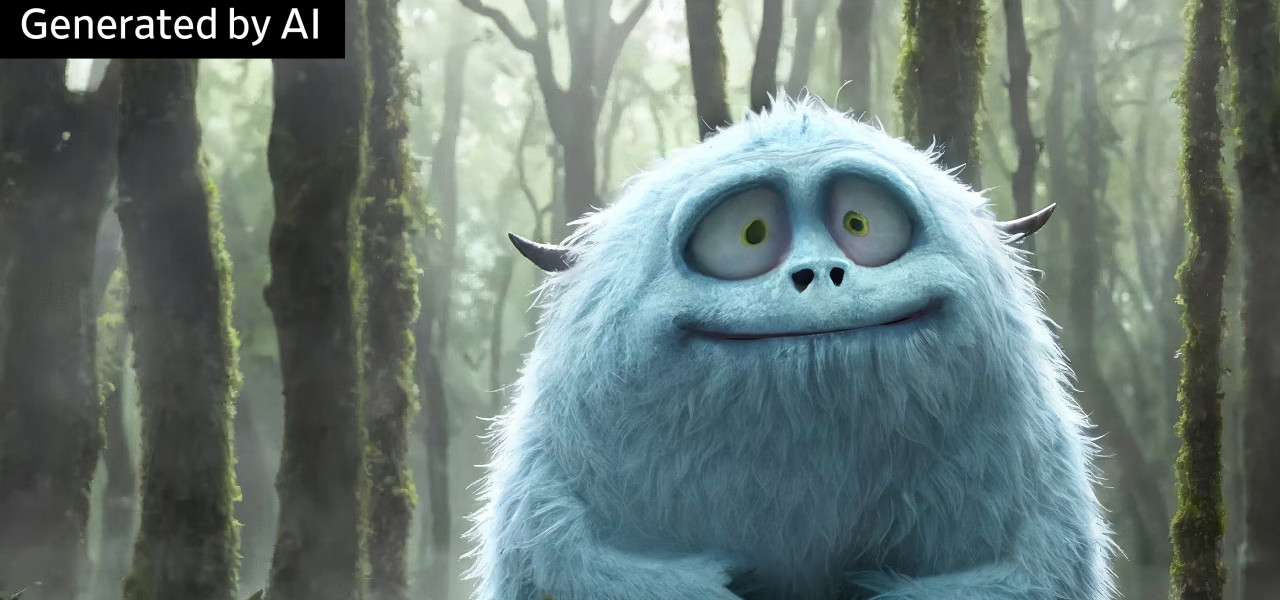An AI-heavy animated feature always felt inevitable, but its arrival may come sooner than many had thought following a major investment from one of the companies spearheading the genAI movement.
Last week, The Wall Street Journal broke the news that OpenAI is backing the previously announced feature-length animated film, Critterz, which will rely on extensive input from generative AI during its production. Planned for a Cannes debut in 2026, the project is being produced by London’s Vertigo Films and LA’s Native Foreign, with OpenAI providing the tools and computing power.
The pitch is simple: make a film in nine months for under $30 million, instead of the usual several years and $100 million-plus that a well-planned and inspired film from a major Hollywood studio would take.
Voice actors and a handful of artists will contribute, but much of the animation and design will be generated by OpenAI’s models. The story, a woodland adventure about creatures whose village is upended by a stranger, was first developed by OpenAI staffer Chad Nelson as a short, which was screened at a few low-end festivals and boasts an ignominious 3.6 stars out of 10 on IMDB.
(On a side note, the fact that unionized actors keep attaching themselves to these kinds of projects while fighting to have their own voices protected feels particularly cynical.)
Its backers are selling Critterz as an experiment in “democratizing” animation. But that defense feels disingenuous. Animation isn’t gatekept by class or status and hardly needs to be democratized in the way that the people behind the project are implying.
Animation’s high bar of entry is set by talent, effort, and inspiration. It is, like many creative endeavors, already democratic in that anyone, anywhere, of almost any skill level, and with a few basic resources, can be involved and create something impactful if they’re willing to put in time and work. ‘Flow,’ the most recent film to win the animated feature Oscar, was made by a small team in Latvia working on free software with a budget smaller than what an A-list voice actor is paid for a major Hollywood picture.
In reality, Critterz feels like a shot across the bow of the entire animation industry by those unwilling or incapable of contributing in any meaningful way. If AI can replace years of labor from hundreds of artists by a team feeding prompts into software (it cannot, at least not yet), what happens to the craft of animation and the lives built around it? What happens when the narratives we’re given are crafted by algorithms rather than inspiration?
All of this without even mentioning that many LLM models are trained on stolen materials without the consent of the original artists.
Studios have so far tread carefully with AI. Disney, Universal, and Warner Bros. are already in court over copyright claims against AI image generators. Midjourney has countered, arguing that the studios are using genAI in their pipelines, or at least experimenting with it, and only targeting the company as a potential competitor.
Whether Critterz lands as a novelty or a watershed moment, it underscores the tension at the heart of the AI debate. For most of those who make their living in the animation industry, the mood will hardly be festive when (and if) Critterz makes its Cannes debut.

